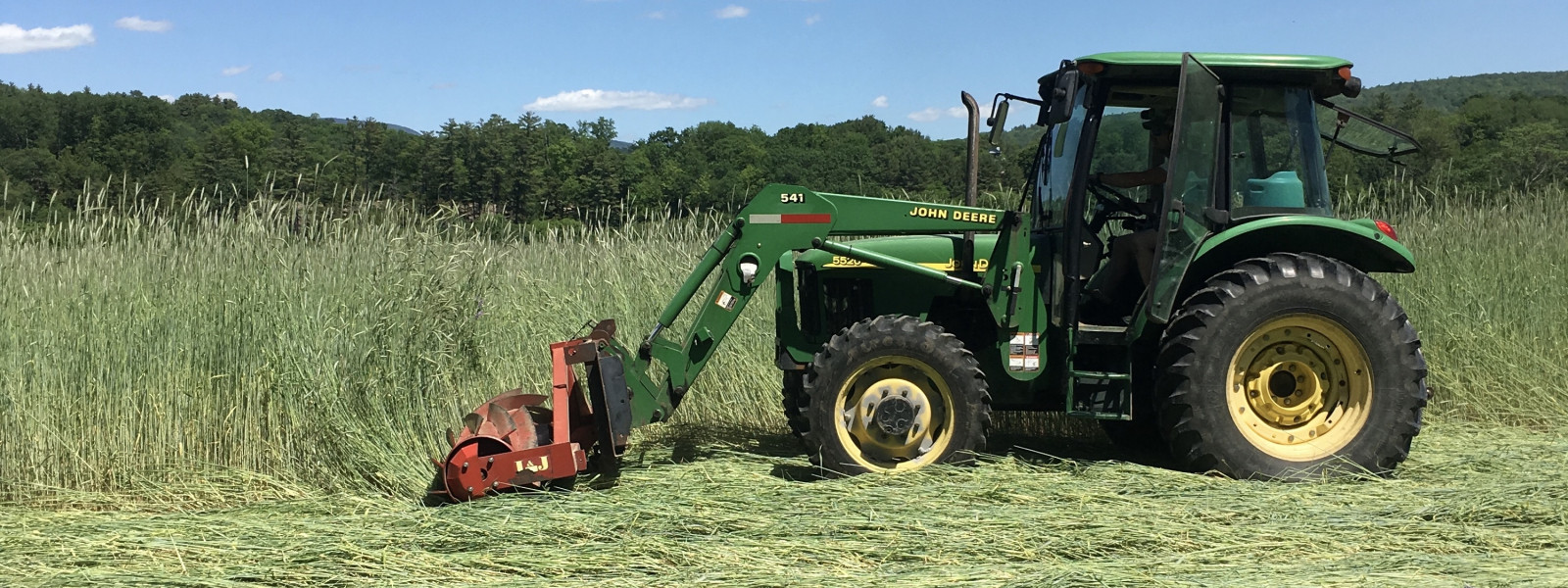
Tips
You searched for garden and found 60 tips.
- Saving Seeds – Seed saving is a fun way to bring your gardening talents to the next level! Empower yourself and follow these simple tips to save seeds from some common and simple-to-process vegetables. Read more →
- Soil Testing – Soil fertility is an important part of maintaining a healthy garden. To best manage your soil fertility, start with a simple soil test. Read more →
- Staking Tomatoes – We highly recommend staking and training tomatoes early, while they are small. If you wait until they flop, you risk breaking the tender stalks. Read more →
- Starting a Garden – Let us share some tips with you on how, and why, to start your own garden, and provide some helpful resources too. Read more →
- Succession Planting – Succession planting is a way to make the most of the space in your garden and always have tender, ripe crops to eat. Learn some tips from Cat about extending the harvest window in your garden for a variety of crops. This can also give you a little relief if you feel stressed about getting your garden in all at once. You aren’t late, you’re succession planting. Read more →
- The Living Soil - Microorganisms – Did you know that there is more life below the surface of the soil than above it? In a single tablespoon of soil, there are 50 billion microbes alone. Although invisible to the naked eye, microorganisms are essential to healthy soils because they effect its structure (or tilth) and fertility. Read more →
- Thinning Seedlings – Thinning your seedlings in the vegetable patch can be one of the most difficult jobs to do because it makes the gardener feel like a killer of the very seedlings we worked so hard to grow. However, if you do not thin your crops now while they are little, your harvest will suffer. Read more →
- Tomato Seed Saving – Saving seeds from your tomatoes is a great way to learn about the tradition of seed saving. Easy! Read more →
- Use a Trap Crop To Control Japanese Beetles – The Japanese beetle will happily consume over 300 species of plants, although they particularly love roses. Adult beetles will travel great distances to eat the soft parts of the leaves, leaving them looking almost skeletal. This tip focuses on using evening primrose as a trap crop. Read more →
- Winter Squash: Saving Seed – Winter squash has harder skin than summer squash does; their flesh is firmer too and so needs to cook longer. The seeds are fully developed when the squash is ready to eat, whereas summer squash needs to be left on the vine well past the eating stage to complete the development of its seed. There are some technicalities to saving seeds from these squash. Read more →
